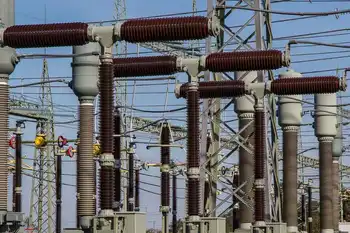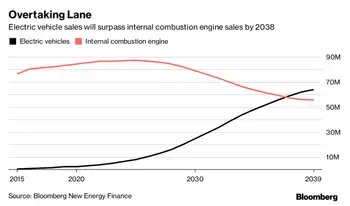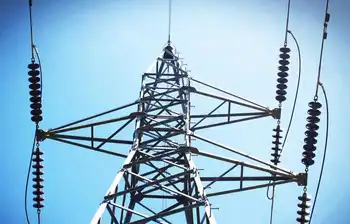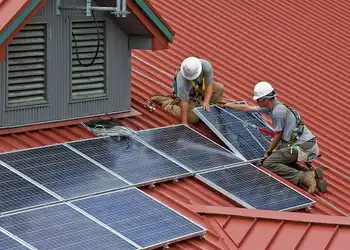IEEE combines two standards for insulation systems
A combination of two previous standards, IEEE 275-1992 & IEEE 429-1994, IEEE 1776 outlines a test procedure for comparing two or more insulation systems in accordance with their expected life at rated temperature.
IEEE has also approved work to begin on revisions to two power and energy-related standards: IEEE 1310, "Recommended Practice for Thermal Cycle Testing of Form-Wound Stator Bars and Coils for Large Rotating Machines," and IEEE C57.637, "IEEE Guide for the Reclamation of Insulating Oil and Criteria for Its Use." The latter guide will be revised to include current information regarding reclamation of used transformer mineral oil and the associated test methods and suggested properties for reuse.
IEEE has also reaffirmed the following standards:
• IEEE 383, "IEEE Standard for Qualifying Class 1E Electric Cables and Field Splices for Nuclear Power Generating Stations";
• IEEE 484, "IEEE Recommended Practice for Installation Design and Installation of Vented Lead-Acid Batteries for Stationary Applications";
• IEEE 620, "IEEE Guide for the Presentation of Thermal Limit Curves for Squirrel Cage Induction Machines";
• IEEE C62.41.1, "IEEE Guide on the Surge Environment in Low-Voltage (1000 V and Less) AC Power Circuits";
• IEEE C62.45, "IEEE Recommended Practice on Surge Testing for Equipment Connected to Low-Voltage (1000 V and Less) AC Power Circuits".
Also, the IEEE has reaffirmed standard IEEE 1515, "IEEE Recommended Practice for Electronic Power Subsystems: Parameter Definitions, Test Conditions, and Test Methods."
First passed in 2000, this recommended practice defines many common parameters for AC-DC and DC-DC electronic power distribution components and subsystems. Using IEEE 1515 enables electronic system engineers, manufacturers, and researchers to speak with a common language and helps facilitates effective and efficient communications.
Furthermore, implementation of the common specification language defined in this standard assists the power electronics industry, as well as the user communities, including government system developers, to acquire cost- and time-effective electronic power subsystems with significantly enhanced interchangeability.
Related News

Germany is first major economy to phase out coal and nuclear
BERLIN - German lawmakers have finalized the country's long-awaited phase-out of coal as an energy source, backing a plan that environmental groups say isn't ambitious enough and free marketeers criticize as a waste of taxpayers' money.
Bills approved by both houses of parliament Friday envision shutting down the last coal-fired power plant by 2038 and spending some 40 billion euros ($45 billion) to help affected regions cope with the transition.
The plan is part of Germany's `energy transition' - an effort to wean Europe's biggest economy off planet-warming fossil fuels and generate all of the country's considerable energy needs from renewable sources.…





